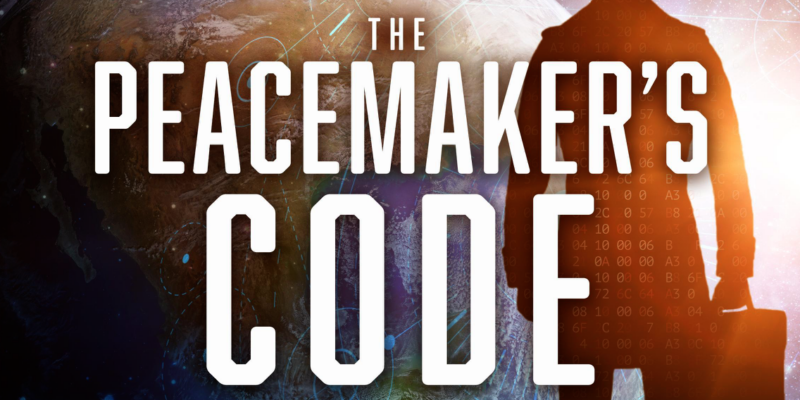Mediation vs Litigation: The Advantages of Settling Out of Court
Introduction If you find yourself in the midst of a legal dispute, you might feel confident that taking the matter to court is the best option, especially when you have a strong case. After all, who wouldn’t want to see justice served swiftly and decisively? And why show any vulnerability when holding all the cards?…

